Ask
Ask open questions that can help ensure that the conversation is guided by the interests and feelings of the child. For example: What would you like to know about what happened? How are you feeling now? How was it for you to talk about this?
Sometimes you must have difficult conversations with children about what they have seen or heard. Whether it's something that happens in the news or something that happens in the child's own life. Conversations that can be challenging and that you may be reluctant to have. It can be good idea to be prepare before this type of conversation occur. Here you will find advice and suggestions on how to talk to children about difficult topics.
Ask open questions that can help ensure that the conversation is guided by the interests and feelings of the child. For example: What would you like to know about what happened? How are you feeling now? How was it for you to talk about this?
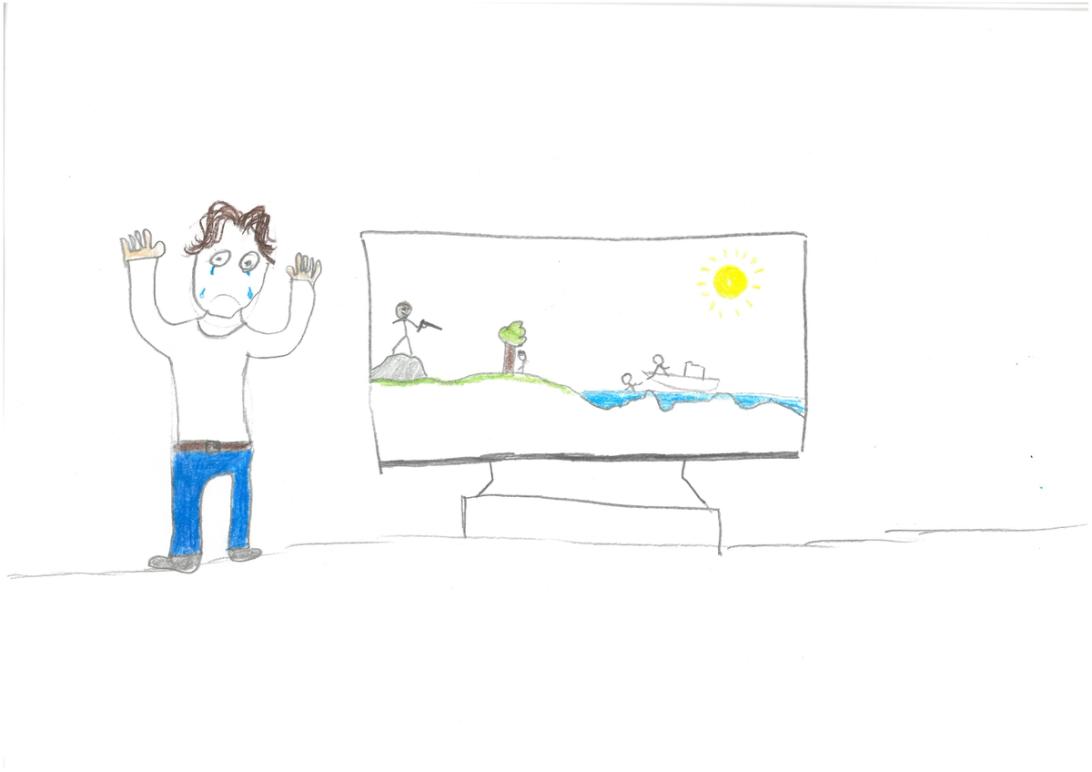
Try to understand how the child experiences the conversation. Help the child to take the initiative and find the right words without controlling what is being said. Not all children want to talk about difficult topics and it is important to respect that.
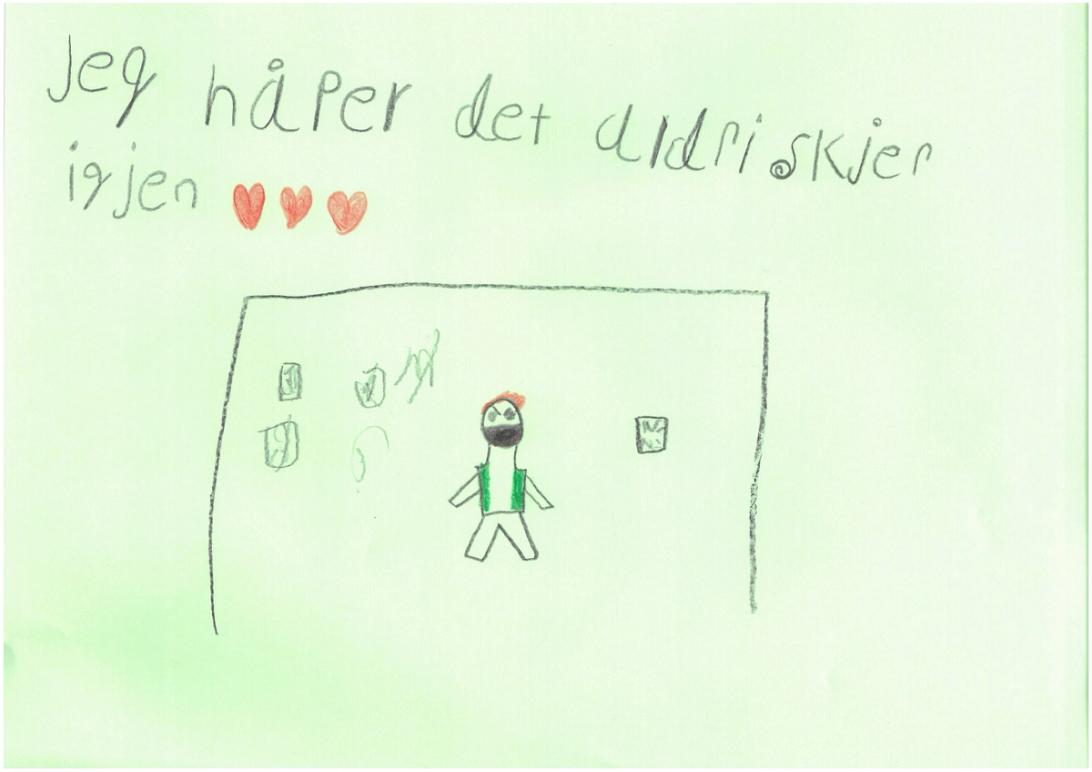
Use simple words to convey clear information and answers using facts. Remember that children of reading age can find a large amount of information from unreliable sources. It is therefore important to focus on factual aspects and prevent speculation and conspiracy theories. Adapt your own language to the developmental level of the child.
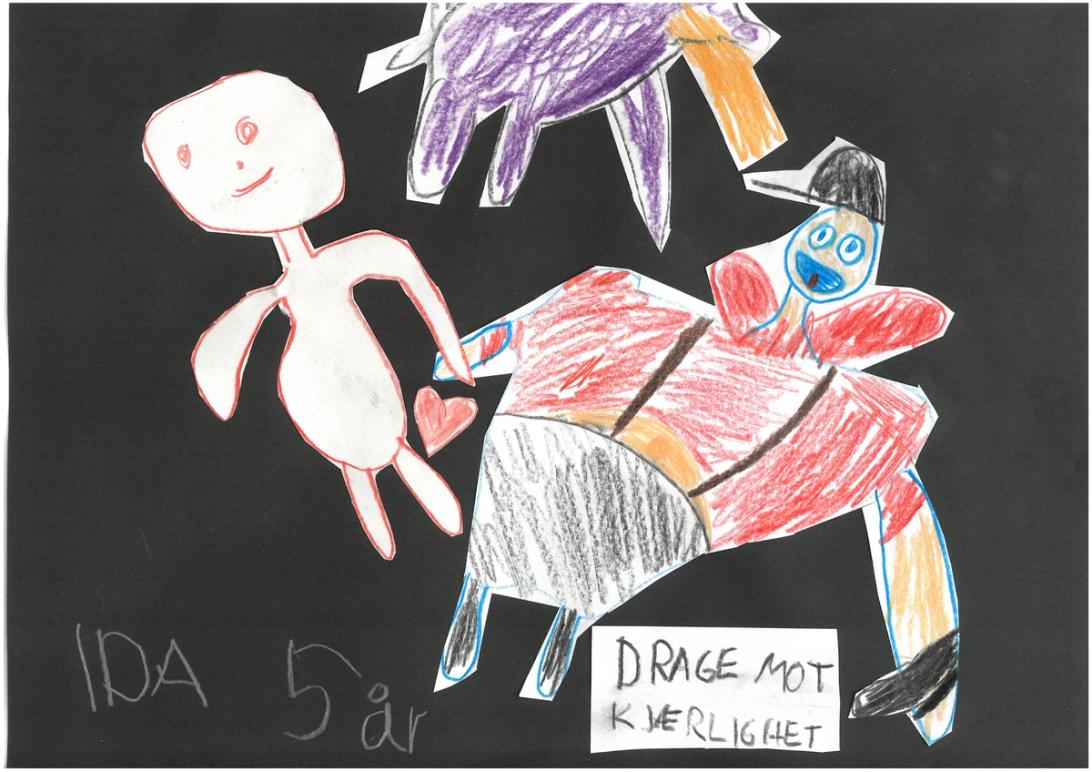
Difficult topics are complex and wide-ranging. It is therefore likely that you will be asked questions that you do not know the answers to. If this happens, be honest with the child and tell them that you do not know.

Speak calmly and make sure that the child feels that they can trust you. Pay attention to your own emotional and physical reactions. Children are guided by the reactions of others. When you talk to young children, sit or crouch down so that you are at eye level.

Children experience a variety of emotional reactions to the same events. These reactions vary depending on age, previous traumatic experiences, nationality or religious and cultural background. There are no right or wrong emotional reactions to fear and anxiety. Be prepared for unexpected emotional reactions. Remember that the goal is to understand and alleviate strong emotions, not to inflict them.
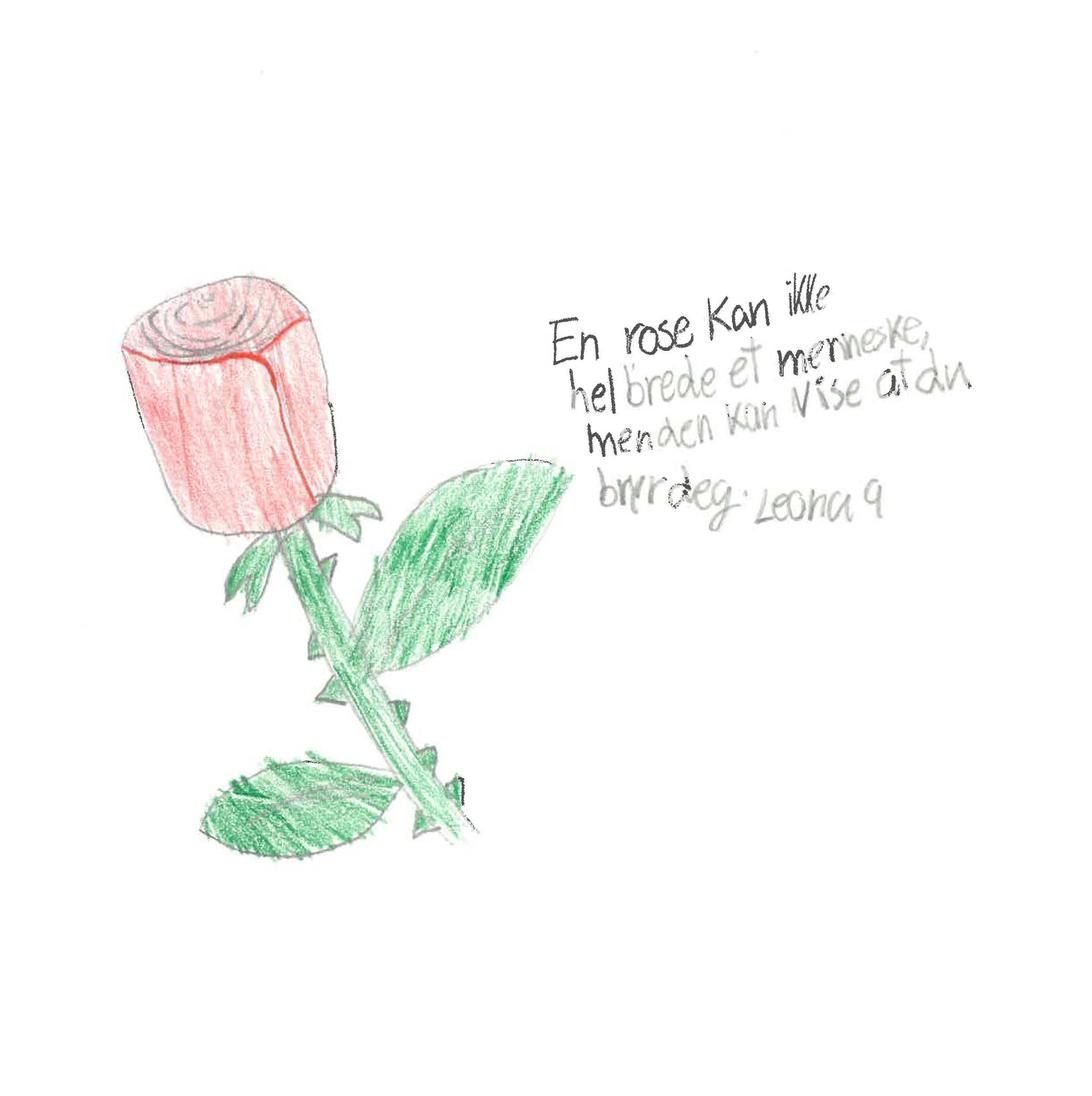
Leave out the gruesome details and avoid using metaphors or euphemisms when talking about those who lost their lives. Avoid generalisations in relation to topics such as terrorism or extremism. Avoid stereotypes and simplifications. Instead of highlighting what went wrong or apportioning blame, tell specific stories about those who survived or those who helped others to survive.
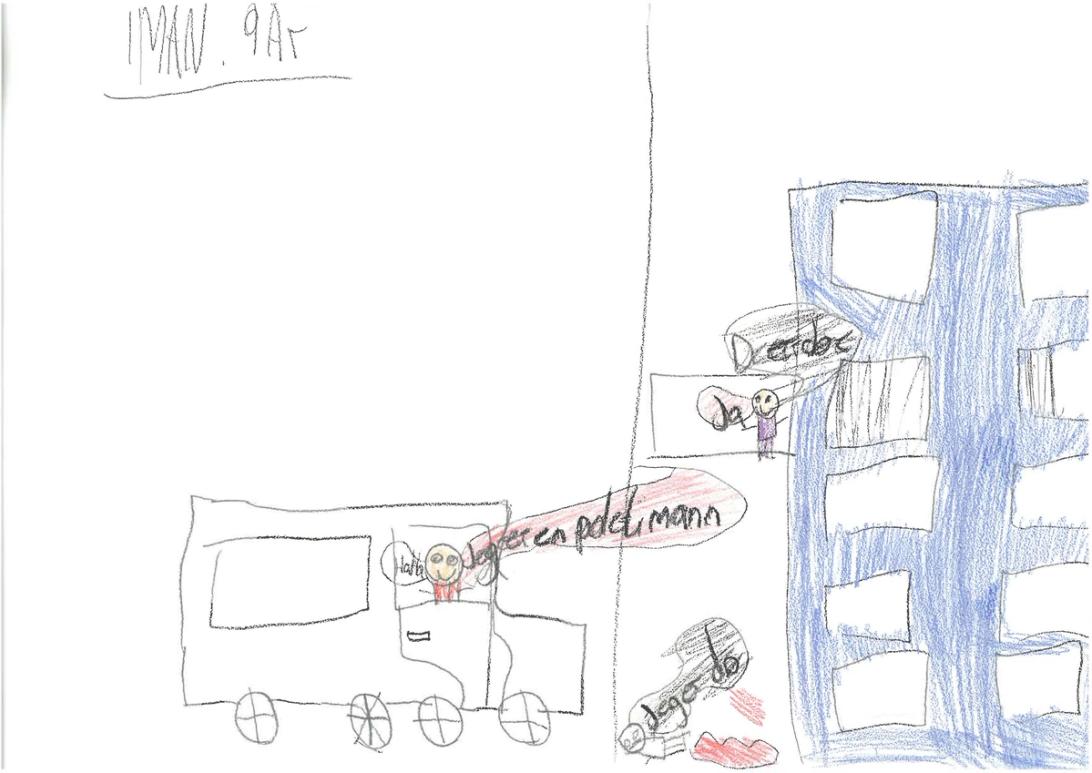
Emphasise the importance of hope and community. Wrap up with a positive message and note that serious terrorist attacks like these are extremely rare and much rarer than all of the good things we experience in life. It is important to create peace of mind by explaining that many measures have now been taken to prevent attacks like these and that the perpetrator will not be released for a very long time. Suggested wordings: “We are safer now because many changes have been made since then. We have learned a lot. The politicians have decided that there are a lot of things we will do differently to make sure that nothing similar can happen again. For this reason, many adults feel much safer now.”

It is a good idea to get the child to engage in constructive activities, such as drawing, to supplement the conversation and process their emotions.